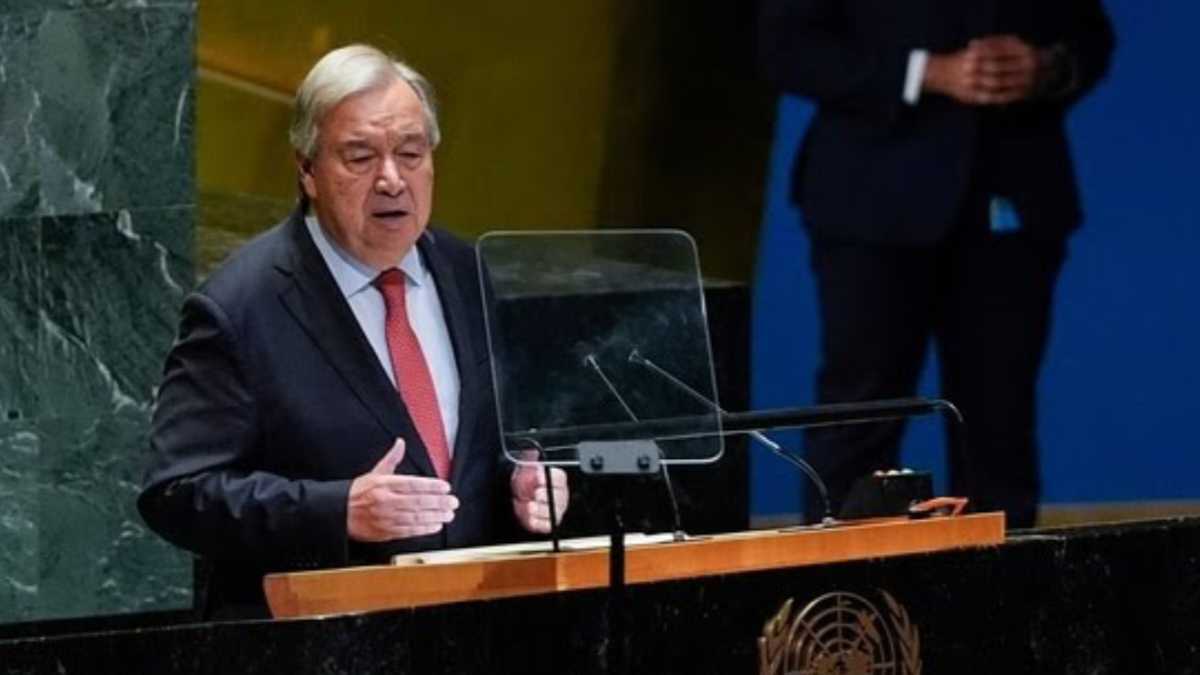
In a significant diplomatic move, Israel has declared UN Secretary-General António Guterres persona non grata, effectively banning him from entering the country. This decision follows Guterres’ perceived failure to adequately condemn Iran’s recent missile attacks on Israel, which the Israeli government considers a severe breach of international norms.
Israel’s Foreign Minister, Israel Katz, made the announcement, emphasizing that Guterres’ silence on the attacks was unacceptable. According to a social media post from Israel’s foreign ministry, “Anyone who cannot unequivocally condemn Iran’s heinous attack on Israel, as almost every country in the world has done, does not deserve to step on Israeli soil.”
The conflict intensified following a wave of missile strikes launched by Iran against Israeli targets, marking a dramatic escalation in regional hostilities. This missile barrage is reported to be Iran’s second attack within seven months, a retaliation purportedly linked to the recent killings of prominent leaders from Hezbollah and Hamas. The situation has raised alarms about the potential for further destabilization in the Middle East.
The Israeli government criticized Guterres for not denouncing the violence committed by Hamas on October 7, which included atrocities that shocked the international community. In their statements, Israeli officials highlighted that the Secretary-General has yet to formally label Hamas as a terrorist organization, further aggravating the situation.
The social media post from the foreign ministry was particularly pointed, stating, “A Secretary-General who gives backing to terrorists, rapists, and murderers from Hamas, Hezbollah, the Houthis, and now Iran—the mothership of global terror—will be remembered as a stain on the history of the UN.” This strong rhetoric underscores Israel’s deep frustrations with the United Nations’ perceived inaction and bias.
In light of these tensions, Israel has reiterated its commitment to defending its citizens and maintaining its national dignity, regardless of Guterres’ presence or absence. The country is adamant about taking a strong stance against what it views as escalating threats from its neighbors, particularly from Iran and its allied groups.
The situation reflects broader geopolitical dynamics in the region, where Israel’s confrontations with Iran and its proxies have been ongoing for years. The missile attacks and the subsequent diplomatic fallout highlight the fragile nature of peace in the area and the challenges faced by international organizations in mediating these complex conflicts.
As the conflict continues to evolve, the repercussions of Israel’s decision to ban Guterres could have wider implications for UN operations in the region. This situation serves as a reminder of the difficulties faced by international leaders in addressing crises while navigating the varied interests of different states involved in the conflict.